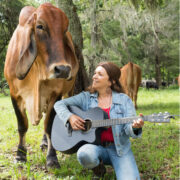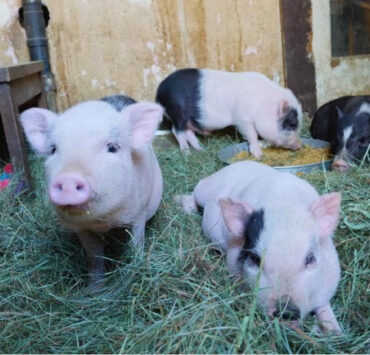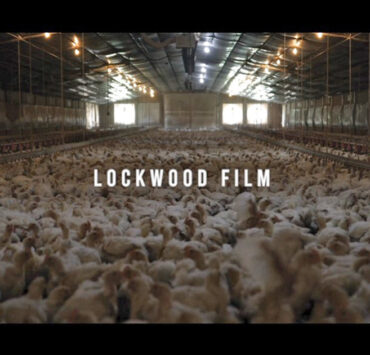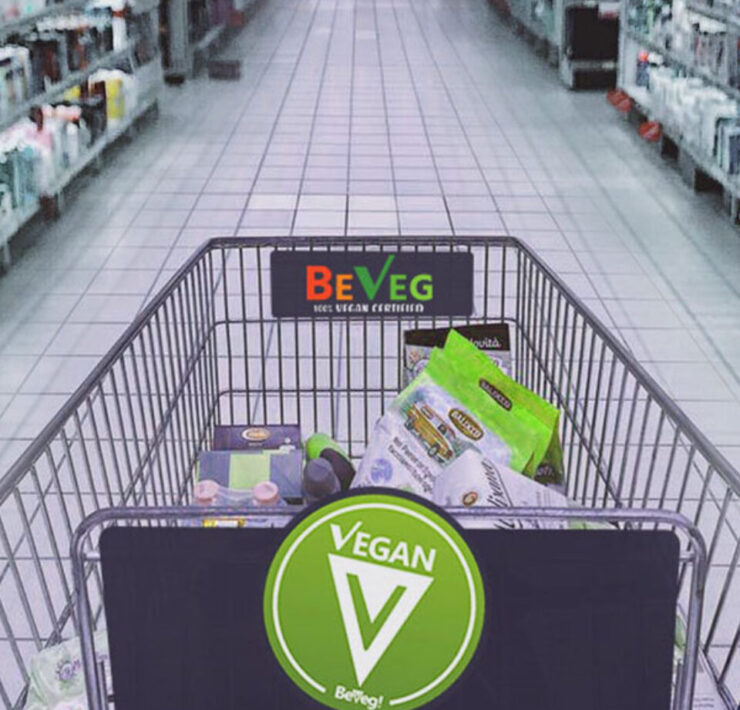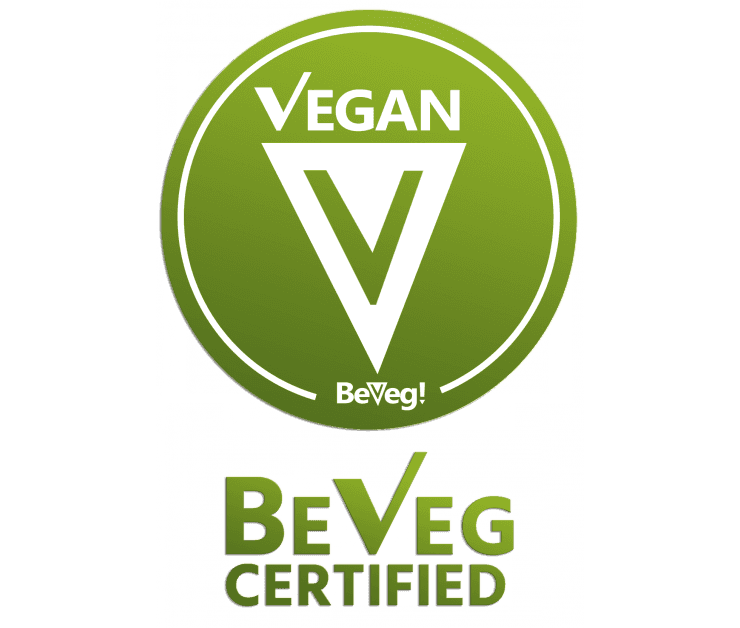
When Was The Last Time You Scrutinized Your Supplements?
Despite the lack of regulation and misleading health claims associated with vitamins and dietary supplements, 86 percent of Americans still take vitamins, according to the American Osteopathic Association.
When it comes to searching for Vegan vitamins and dietary supplements, watch out for misleading marketing claims like: “proprietary blends”, “clinically-tested ingredients,” “tested” (by who?), “pharmaceutical grade” (there’s rarely such a thing), “natural”, “additives”, “Vegan”, “Vegan friendly”, “suitable for Vegans”, etc., as these marketing ploys are not only misleading but can be harmful if unregulated or untested in certain dose quantities.
“Since there’s minimal oversight over facilities, and because FDA regulations for dietary supplements are lax, there’s no sourcing requirement on vitamin labels. That means consumers are regularly misled on where ingredients came from – and therein lies the problem for legitimate Vegan label….and safe label claims, in general” says Carissa Kranz, Esq., CEO of BeVeg Vegan certification.
That is why facility audit standards and quality assurance programs like the Global Retailer & Manufacturing Alliance (“GRMA”), NSF Sport, and the accredited BeVeg Vegan certification program exist. All of which are complementary, bundled audit offerings in place to protect public health and safety through detailed facility audits and implemented standard operating procedures (“SOPs”). These certification audits are offered by the National Sanitation Foundation (“NSF”) in about 180 countries.
“Simply stated: you cannot rely on manufacturers and companies to make products correctly with high-quality ingredients, with Vegan claim integrity without proper regulations and Good Manufacturing Practices (“GMPs”) in place,” says attorney Kranz.
NSF, is a leading food safety and dietary supplement auditing body, and the NSF, BeVeg, and GRMA trademarks all indicate quality assurance, and that the final certified products have been tested with facility audits by trusted, independent certification organizations. Such audits are valued by consumers, manufacturers, retailers and regulatory agencies as existing laws remain deregulated.
The BeVeg standard requires GRMA or other GMPs to be in place as a prerequisite to the Vegan certification trademark use. BeVeg is the world’s only accredited Vegan trademark to do faculty audits consistently, and globally, which makes the BeVeg trademark the most reliable benchmark for worldwide Vegan label claims.

